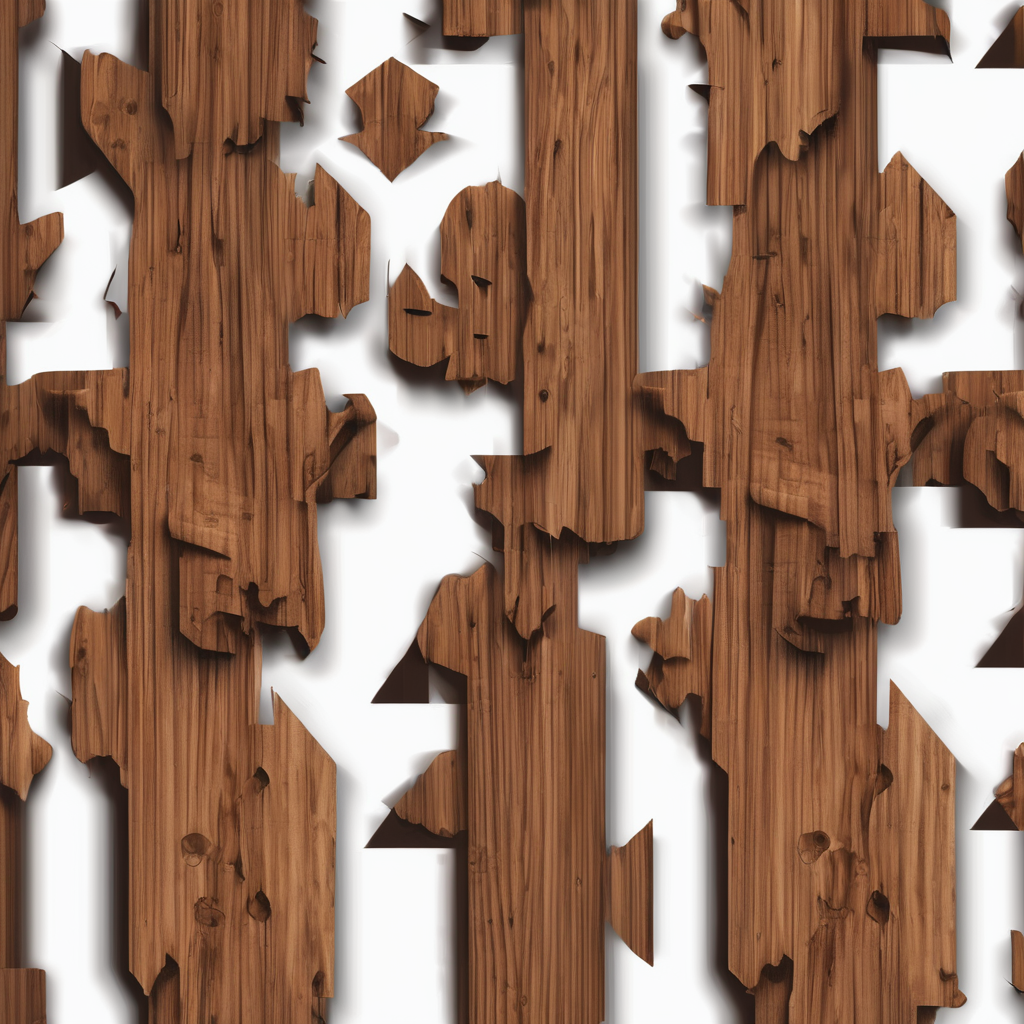What qualifies as eco-friendly materials for UK home renovations
Choosing the right eco-friendly materials is crucial for a successful UK home renovation focused on sustainability. These materials typically share three core characteristics: they are recycled, renewable, or non-toxic. Recycled materials, such as reclaimed timber or recycled insulation, reduce waste and lower the demand for new resources. Renewable options come from sources that replenish naturally, like bamboo or cork. Non-toxic materials avoid harmful chemicals, improving indoor air quality and home health.
In the UK context, stringent certifications ensure materials meet environmental standards. For example, the Forest Stewardship Council (FSC) guarantees wood is sourced sustainably. The British Research Establishment Environmental Assessment Method (BREEAM) rates entire building projects, including materials’ environmental impact. Meanwhile, BRE certification focuses on assessing the sustainability and performance of individual products and buildings.
Also to read : How can you effectively insulate an older UK property?
Understanding these certifications is essential when selecting eco-friendly materials for UK home renovations. They not only confirm the sustainability of materials but also enhance the project’s credibility and can contribute to compliance with local regulations. This attention to certified sustainable materials ultimately supports both environmental goals and homeowners’ peace of mind.
What qualifies as eco-friendly materials for UK home renovations
In a UK home renovation, eco-friendly materials must meet defined environmental and health standards. These materials fall into three primary categories: recycled, renewable, and non-toxic. Recycled materials reduce landfill waste and lower the demand for virgin resources. Renewable materials, like bamboo or cork, regenerate naturally and are sustainably harvestable. Non-toxic materials avoid harmful chemicals, which is vital for improving indoor air quality and maintaining a healthy living environment.
Additional reading : How Can Sustainable Practices Improve the Value of Your UK Home?
Core certifications back up claims of sustainability. The Forest Stewardship Council (FSC) ensures wood used is responsibly sourced, protecting forests. The BRE Environmental Assessment Method (BREEAM) offers a holistic rating for building projects, including the eco-friendliness of materials. The Building Research Establishment (BRE) certification evaluates products or buildings for sustainability performance, giving homeowners confidence in their choices.
Incorporating these sustainable materials in a UK home renovation is more than a trend—it supports environmental preservation, reduces harmful emissions during production, and enhances energy efficiency when properly installed. Understanding these distinctions and certifications equips homeowners to identify truly eco-friendly materials for their projects.
What qualifies as eco-friendly materials for UK home renovations
Selecting eco-friendly materials for a UK home renovation involves understanding their core characteristics. Such materials must be recycled, renewable, or non-toxic. Recycled materials reduce landfill waste by reusing resources, while renewable materials, like bamboo or cork, come from sources that naturally replenish. Non-toxic options eliminate harmful chemicals, greatly benefiting indoor air quality and occupant health.
The UK has rigorous certification schemes that verify claims of sustainability. The Forest Stewardship Council (FSC) ensures timber is sourced from responsibly managed forests, enforcing environmental and social standards. The Building Research Establishment Environmental Assessment Method (BREEAM) evaluates entire projects for sustainability, including the use of materials. Separately, the Building Research Establishment (BRE) certification assesses products’ environmental performance to confirm their eco-credentials.
For homeowners, prioritizing these sustainable materials with proper certification means supporting ecological preservation and complying with UK regulations. This approach not only strengthens the environmental integrity of a renovation but also boosts long-term value and health benefits within the home.
What qualifies as eco-friendly materials for UK home renovations
In the UK, eco-friendly materials are distinguished by three core characteristics: being recycled, renewable, or non-toxic. These materials reduce environmental impact by conserving resources, limiting landfill waste, and promoting healthier indoor environments. For example, recycled insulation repurposes waste textiles while renewable materials like bamboo regrow quickly and sustainably. Non-toxic materials avoid volatile organic compounds (VOCs), supporting better indoor air quality and occupant health.
A UK home renovation benefits significantly from selecting sustainable materials that comply with rigorous certification schemes. The Forest Stewardship Council (FSC) certifies wood products to ensure responsible forest management. The Building Research Establishment Environmental Assessment Method (BREEAM) provides project-wide sustainability ratings, reflecting the material choices across the renovation. Additionally, Building Research Establishment (BRE) certification focuses on individual products’ environmental performance, giving clear assurance about their eco-credentials.
Understanding and prioritising these certifications allows homeowners to confidently source truly eco-friendly materials, ensuring compliance with UK regulations while promoting environmental stewardship in their renovation projects.
What qualifies as eco-friendly materials for UK home renovations
Eco-friendly materials in a UK home renovation are defined primarily by three characteristics: recycled, renewable, and non-toxic. Recycled materials, such as reclaimed timber or recycled insulation, reduce resource consumption by repurposing waste, thus minimizing landfill impact. Renewable materials, including fast-growing bamboo or cork, naturally replenish, ensuring sustainable extraction without depleting resources. Non-toxic materials eliminate harmful chemicals, particularly volatile organic compounds (VOCs), improving indoor air quality and safeguarding occupant health.
Beyond material attributes, UK certifications play a crucial role in verifying sustainability claims. The Forest Stewardship Council (FSC) certifies responsibly sourced timber, ensuring ethical forest management and conservation. The Building Research Establishment Environmental Assessment Method (BREEAM) assesses the overall sustainability of construction projects, incorporating eco-friendly material use as a significant criterion. Meanwhile, the Building Research Establishment (BRE) certification focuses on evaluating individual material performance across environmental metrics. Together, these certifications guide homeowners in selecting sustainable materials that meet strict UK standards.
Selecting certified eco-friendly materials supports environmental preservation while aligning with UK building regulation requirements. This strategic choice not only raises the eco-credentials of a renovation but also promotes healthier, more sustainable living spaces.
What qualifies as eco-friendly materials for UK home renovations
In a UK home renovation, eco-friendly materials must exhibit three core characteristics: being recycled, renewable, or non-toxic. Recycled materials reuse existing resources, reducing landfill pressure and cutting demand for virgin materials. Renewable materials, such as bamboo and cork, regenerate naturally and sustainably, ensuring ongoing availability without ecosystem harm. Non-toxic materials avoid harmful chemicals, particularly volatile organic compounds (VOCs), thus safeguarding indoor air quality and occupant health.
Homeowners in the UK rely on stringent certifications to verify true sustainability claims of eco-friendly materials. The Forest Stewardship Council (FSC) certifies sustainably managed timber, ensuring ethical forestry practices. The Building Research Establishment Environmental Assessment Method (BREEAM) evaluates the overall sustainability of construction projects, including material selection criteria. Additionally, Building Research Establishment (BRE) certification measures individual products for environmental performance, uptake of sustainable characteristics, and compliance with UK standards.
Together, these sustainable materials and certifications empower conscientious homeowners, confirming eco-friendly choices that align with UK regulations and promote long-term environmental benefits in home renovations.
What qualifies as eco-friendly materials for UK home renovations
In the UK, eco-friendly materials for home renovations must meet core characteristics: being recycled, renewable, or non-toxic. Recycled materials repurpose waste, lowering landfill impact and reducing demand for virgin resources. Renewable materials, such as bamboo and cork, regenerate quickly and sustainably, ensuring a renewable supply. Non-toxic materials avoid harmful chemicals like VOCs, critical for maintaining healthy indoor air quality.
Certifications play a pivotal role in validating these sustainable materials. The Forest Stewardship Council (FSC) ensures timber is sourced from responsibly managed forests, supporting ethical forestry. The Building Research Establishment Environmental Assessment Method (BREEAM) assesses entire renovation projects, rating sustainability based on material choices and environmental impact. Moreover, Building Research Establishment (BRE) certification evaluates individual products’ environmental performance, providing clear benchmarks for eco-friendliness.
Homeowners seeking eco-friendly materials in their UK home renovation should prioritize those bearing these certifications. This not only guarantees compliance with UK sustainability standards but also assures long-term benefits such as durability, improved home health, and a reduced environmental footprint. Choosing certified, sustainable materials empowers eco-conscious renovation decisions with confidence.



